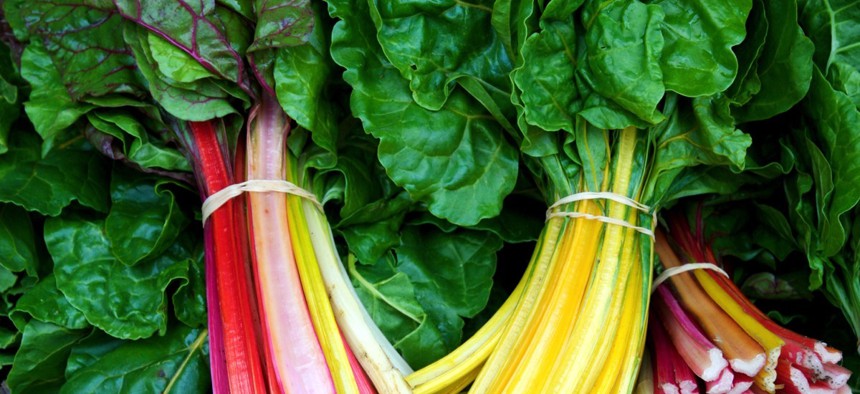How This Sheriff’s Office Uses Urban Farming to Try to Ease Impacts of Poverty

David Kay / Shutterstock.com

Connecting state and local government leaders
In addition to creating jobs and organic food, embracing local agriculture might help ease crime and recidivism, too.
Community-supported agriculture is creating jobs and providing locals with healthy produce in underserved parts of Alameda County, California, near San Francisco.
Looking to reduce crime and recidivism, the Alameda County Sheriff’s Office began urban farming job training in 2010 for unemployed residents in the unincorporated areas of Ashland and Cherryland.
What started as Dig Deep Farms has blossomed into a network of resident-run, organic food businesses accounting for 40 jobs and valued at $5 million. In a historically working class region with limited employment opportunities, the program is combating poverty and improving citizen quality of life.
“A living wage job that allows you to put food on your table and a roof over your head, while creating a product that you know is healthy and safe for your community—what would that mean to you?” asks Sheriff's Lt. Marty Neideffer in a new California State Association of Counties video .
Rates of diabetes, childhood obesity and heart disease are well above county averages in the region, as well as unemployment.
With grants, federal funds and a multi-departmental county effort, Dig Deep Farms obtained 8 acres of land to farm vegetables like tomatoes, squash and lettuce in the summer and leafy greens in the winter. There’s also a 500 fruit tree orchard.
The farm operates stands in partnership with the county’s Social Services Agency at four different government administrative buildings in San Leandro, Oakland and Hayward—increasing low-income families’ access to fresh produce.
“An elderly lady, she’d have to go all the way to Hayworth for a grocery store on the bus, and it’s a lot of bags to carry,” says Pac Rucker, assistant farm manager. “So being right here, close, they can just walk or we deliver it to them.”
Weekly individual deliveries of 6-8 pounds of produce serve up to three people and cost $19, while a family share of 10-12 pounds serves up to four people at $26. There’s also a fruit-only option for three people at $19.
The deliveries can be paid for with credit or debit card or through Supplemental Nutrition Assistance Program electronic benefits.
“I always used to be eating candy and all that stuff,” says worker Michael Silva. “Ever since I started working here last year, I became a vegetarian and love it.”
Employees in the video talk about trying produce like chard, bok choy and kale for the first time.
The experience was educational, even if they didn’t expect to stick around at the job long.
“Getting that experience to touch food, to understand that this is their nourishment, is life changing for some of them,” says farm manager Adam Hale.

NEXT STORY: Panasonic debuts lightweight, body cam suite




